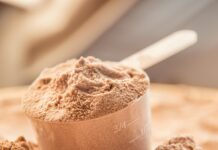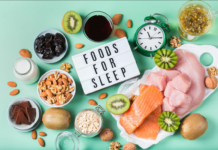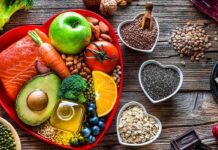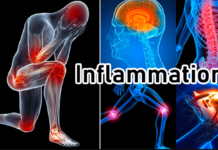However, we all dream of healthy life free of fat and sickness with all the diet medication and plans. Let’s have a look at what is the science behind weight loss? First and foremost, let’s get obvious out of the way.
- Exercise:
As per the scientific studies, when you exercise regardless of any specific type and category, it burns calories immediately, and it stays in action even when you sleep. As we exercise, our body utilizes the available carbohydrates for energy, and for the next 24 hours, they are replaced. Followed by all this process, breaking down fats initiates essential functions like walking, talking, and even sleeping.

- Meals on time:
Don’t forget to eat your meals. Breakfast in particular. The science of food intake. When you deprive yourself of calories, the body and brain develop strong desires to consume high-calorie foods rather than healthier alternatives. Breakfast, in particular, helps to maintain regular blood sugar and hormone levels while also boosting your metabolism and allowing you to eat more calories during the day. Increasing your protein intake and consuming low-fat dairy products can also help. Protein stimulates the release of PYY, a chemical that travels to the brain and suppresses hunger signals. Simply adding 10% more protein to your diet will help you stay fuller for longer. On the other hand, low-fat dairy contains calcium, which bonds to other fats in your diet and becomes a soup-like liquid that you can’t consume. Instead, the body excretes the broth, along with some of the fat you ate. - When it comes to broth, it’s one of the best-kept diet mysteries. When you drink a glass of water with your meal, the fluid is rapidly drained until the food is digested, making your stomach feel smaller and hungry. If you puree the same food in a mixer, the liquids would have a much tougher time getting consumed easily, causing the appetite to stretch and keep you feeling fuller for longer.
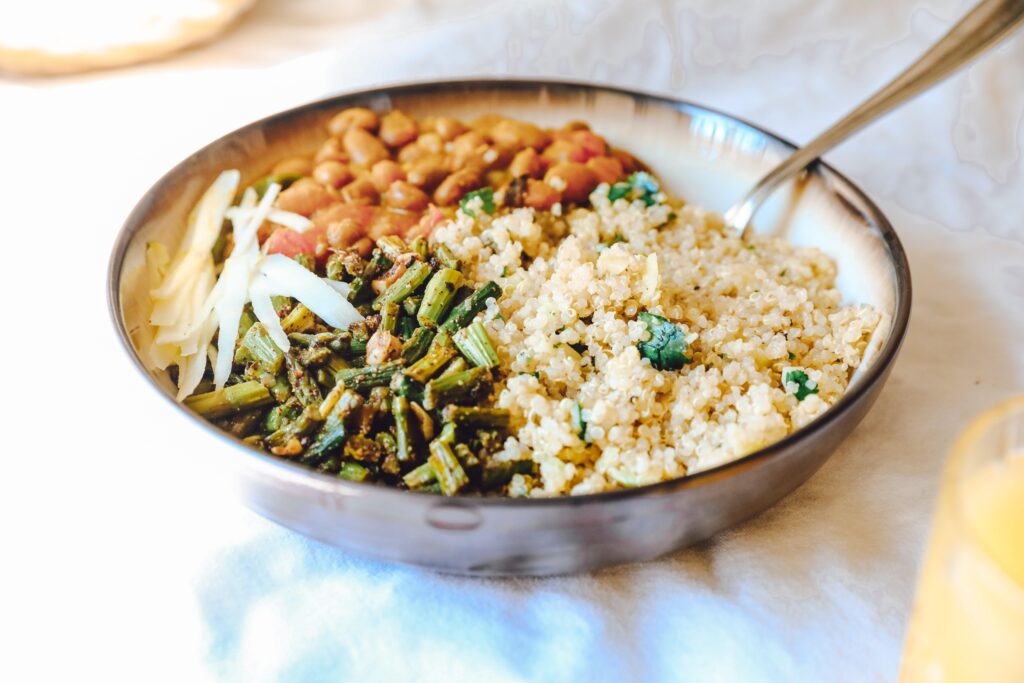
- Keeping up with diet plan:
Keep track of your calories. Studies suggest that those who use a journal to monitor their food consumption see significant gains over those that don’t. Furthermore, understanding that coffee has ten calories, but a cappuccino has 100 allows you to structure your food to consume fewer calories. Although it can seem insignificant, reducing your plate’s size may significantly impact your food consumption. According to studies, switching from 12 to 10 inches will minimize the food intake by up to 22 percent. And when we’re finished, our bodies have a hard time saying no to food in front of us. As a result, the fewer calories you have on your plate, the better. Finally, how much we eat is influenced by sleep and stress. Sleep deficiency and fatigue also increase appetite, making it more difficult to lose weight.
Learn More About Weight Loss








